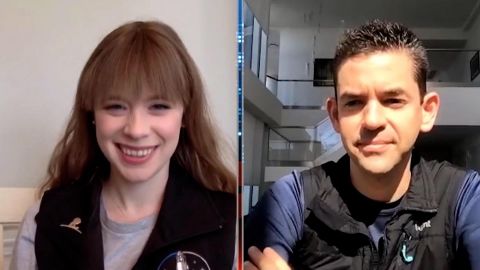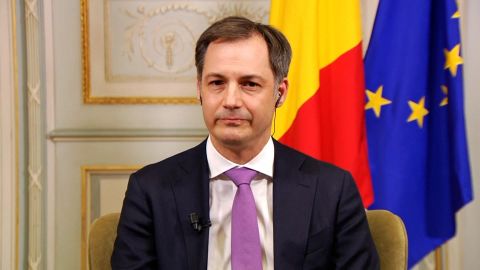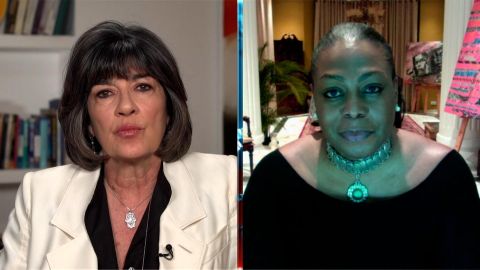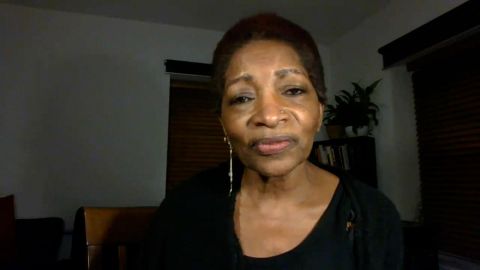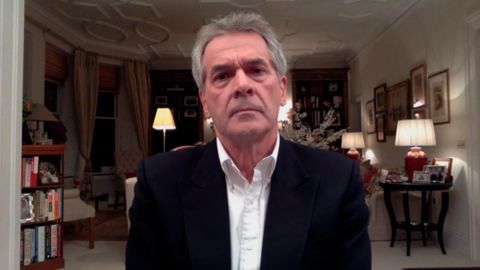Read Transcript EXPAND
CHRISTIANE AMANPOUR: What is it like for you in Africa on this vaccine issue? What is lacking? Why — why are you not getting what you need in Africa right now?
AYOADE ALAKIJA, CO-CHAIR, AFRICAN VACCINE DELIVERY ALLIANCE: Well, thank you very much for having me, Christiane. And happy International Women’s Day. Gender parity, you’ve just talked about, and gender equity but now, today, we have vaccine equity as the main issue of the moment. In Africa, we are seeing in the European countries and in America, for instance, 3 million people are being vaccinated a day, an amazing feat of logistics and delivery. And yet, in Africa, the country that have received the most vaccines to date is Nigeria that I’m sitting in today and we have only received 3.9 million vaccines for over 210 million people. So, there is the issue, very clear issue of a total disparity in the haves and the have nots in this world. The vaccine equity issue means that if we have mutants and variants growing in different countries around the world, whilst you’d race off to them in the western world in, you know, Europe or America and try to shut our countries out, say, Africa or South America, we’re in a race against time, we’re in a race against the virus, and there is no way that we can win this race unless we have equity, unless everybody has a chance to get a vaccine.
AMANPOUR: And yet, the resources are not equally disbursed as we’ve been saying. This is what the head of W.H.O., Dr. Tedros said, about this issue. Let’s just take a listen.
(BEGIN VIDEO CLIP)
DR. TEDROS ADHANOM GHEBREYESUS, DIRECTOR-GENERAL, WORLD HEALTH ORGANIZATION: It’s encouraging to see health workers in lower income countries starting to be vaccinated, but it is regrettable that this comes almost three months after some of the wealthiest countries started their vaccination campaigns, and it’s regrettable that some countries continue to prioritize vaccinating younger, healthier adults at low risk of disease in their own populations ahead of health workers and older people elsewhere.
(END VIDEO CLIP)
AMANPOUR: So, Dr. Alakija, do you feel that African nations have a seat at this table about vaccinations and do you feel that western countries, if they didn’t before, are beginning to understand that actually everybody needs to be vaccinated and that they have the — either the will and the resources to direct in that direction — to put in that direction?
ALAKIJA: Great question, Christiane. Thanks. The fast one about the seat at the table, I sort of chuckled a little because I have just done a lecture at the London School of Hygiene where I’ve talked to young women about grabbing a seat at the table, and it is very much the issue with Africa. So, if you — if they don’t give you a seat at the table, you grab a chair, and if they don’t give you a chair, get on the table.
About This Episode EXPAND
Peter Westmacott; Bonnie Greer; Alexander De Croo; Ayoade Alakija; Jared Isaacman; Hayley Arceneaux
LEARN MORE
